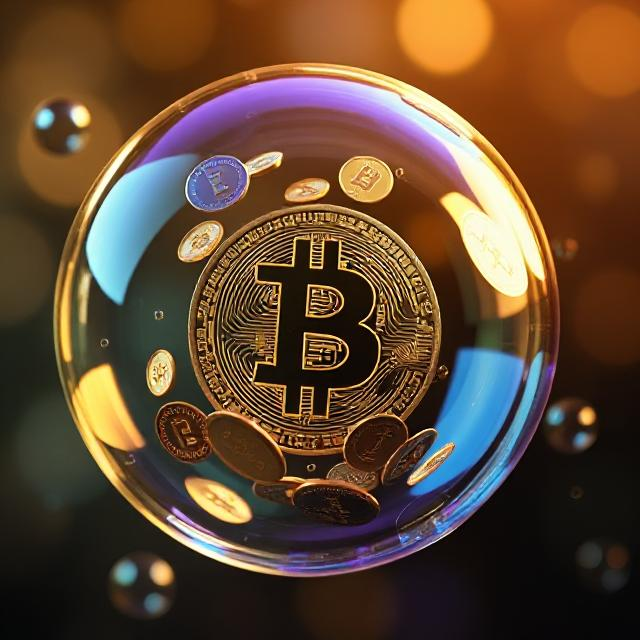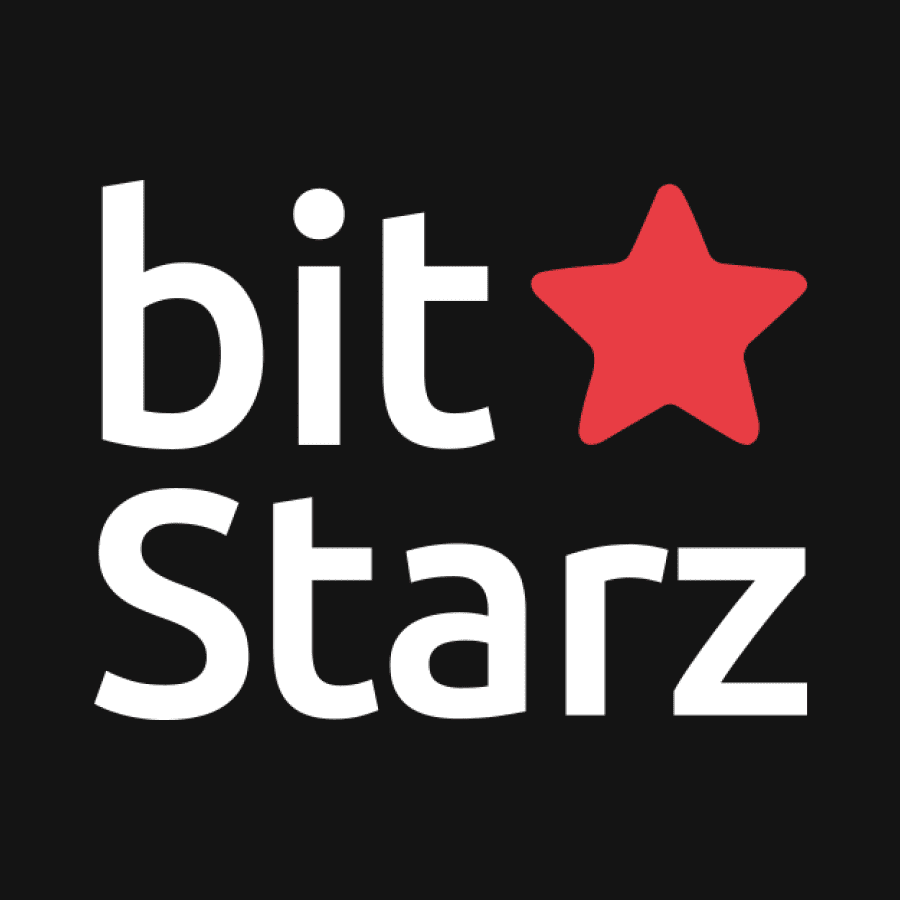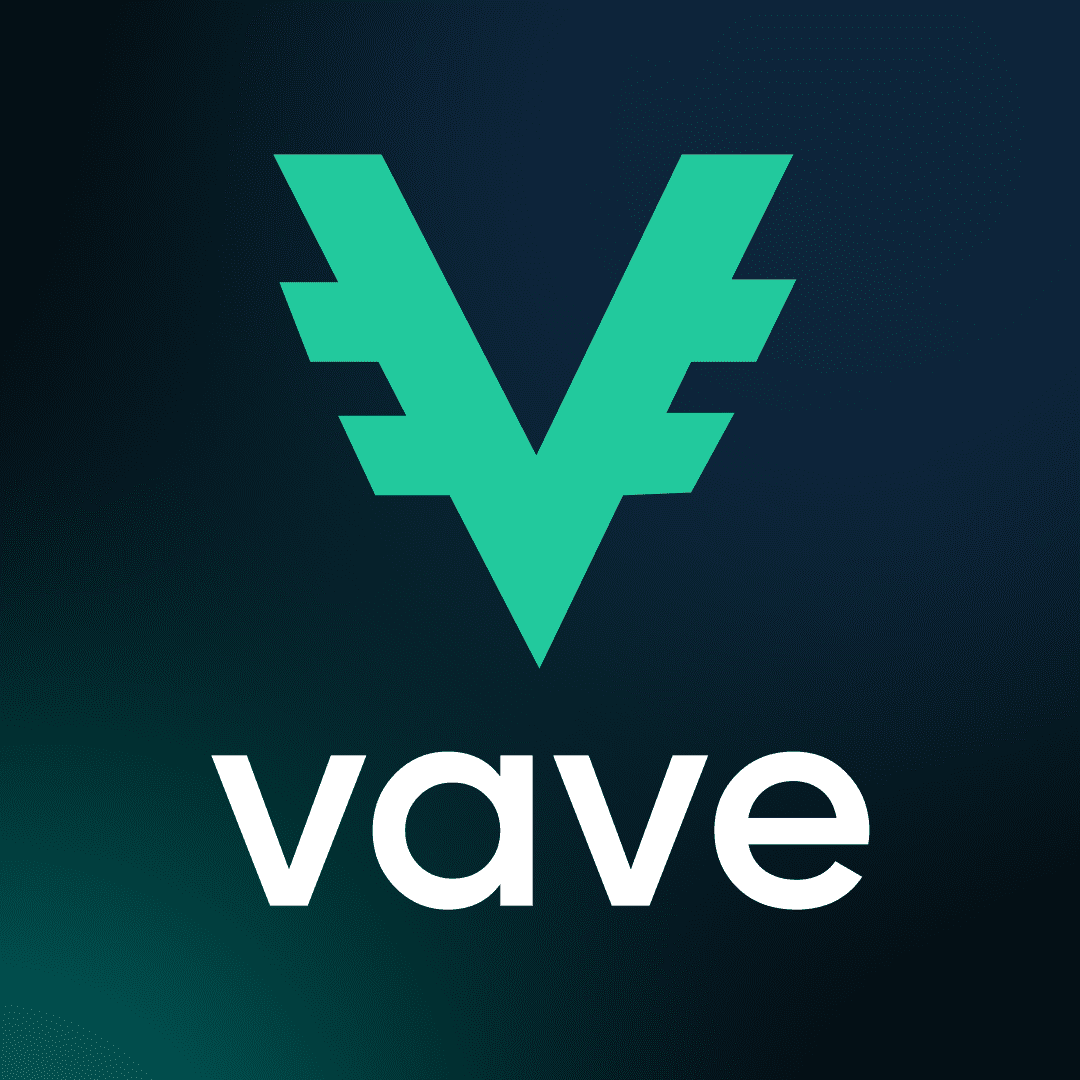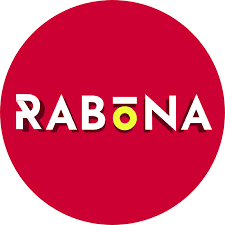
Popular Cryptocurencies
Bitcoin
Bitcoin is the first and most widely used cryptocurrency, launched in 2009 by a mysterious creator known as Satoshi Nakamoto. Unlike traditional money, Bitcoin is decentralized, meaning it isn’t controlled by any government or central bank. Instead, it operates on a peer-to-peer network using blockchain technology—a secure, transparent ledger that records every transaction.
Bitcoin transactions are verified by network participants through a process called mining, where powerful computers solve complex equations to confirm activity and maintain the blockchain. In return, miners are rewarded with newly minted BTC, the ticker symbol for Bitcoin.
One of Bitcoin’s defining features is its fixed supply—only 21 million coins will ever be created. This scarcity, combined with growing global interest, has helped fuel its value over time. Today, Bitcoin is seen not just as digital money, but also as a store of value, a hedge against inflation, and an investment asset.
Bitcoin is also transforming industries. From online shopping to cross-border payments and crypto gambling, users benefit from fast transactions, low fees, and enhanced privacy. All you need to start is a crypto wallet, which stores your private keys and enables you to send or receive Bitcoin securely.
Whether you’re new to crypto or looking to deepen your understanding, Bitcoin represents a major shift in how we think about money, ownership, and digital freedom. As the adoption of Bitcoin and blockchain technology continues to grow, it’s more important than ever to stay informed.
Gambling With Bitcoin
Bitcoin and gambling have become increasingly intertwined as cryptocurrency offers a secure, anonymous, and fast way to place bets online. Many online casinos and gambling platforms now accept Bitcoin as a payment method, allowing users to enjoy the benefits of decentralized finance, such as low transaction fees and enhanced privacy. With Bitcoin, players can deposit and withdraw funds quickly and without relying on traditional banking systems, making it a convenient option for those who value speed and anonymity.
Ethereum
Ethereum is a decentralized, open-source blockchain platform that enables developers to build and deploy smart contracts and decentralized applications (dApps). Launched in 2015 by programmer Vitalik Buterin and others, Ethereum has become the second-largest cryptocurrency by market capitalization, with its native token, Ether (ETH), powering the network.
Unlike Bitcoin, which is primarily used as a digital currency or store of value, Ethereum’s blockchain is programmable, allowing developers to create a wide range of applications—from decentralized finance (DeFi) platforms to NFT marketplaces, games, and more.
Ethereum’s innovation lies in its ability to execute smart contracts—self-executing agreements written in code that run exactly as programmed, without downtime, fraud, or third-party interference. This has made Ethereum the foundation of the Web3 movement, which promotes a more user-controlled and decentralized internet.
Ethereum is in the process of evolving into Ethereum 2.0, a series of upgrades designed to improve scalability, security, and energy efficiency. One of the most significant changes is the transition from a Proof-of-Work (PoW) consensus mechanism to Proof-of-Stake (PoS), which dramatically reduces the network’s environmental impact.
Users can buy, sell, and trade ETH on most major crypto exchanges, and use it to pay for gas fees, participate in DeFi protocols, or purchase NFTs. To interact with Ethereum, users need a compatible crypto wallet like MetaMask or Trust Wallet.
As one of the most versatile and widely adopted blockchain platforms, Ethereum continues to drive innovation in the crypto space and beyond, making it essential for investors, developers, and tech enthusiasts alike.
Gambling With Ethereum
Ethereum and gambling have gained significant traction, thanks to the platform’s ability to facilitate decentralized applications (dApps) and smart contracts. Many online casinos and gambling platforms leverage Ethereum’s blockchain for secure, transparent, and provably fair gaming experiences. Ethereum allows users to deposit and withdraw funds in ETH, with the added benefit of fast transactions and low fees, especially when using Ethereum-based tokens. Additionally, the rise of decentralized finance (DeFi) has introduced innovative gambling experiences, such as peer-to-peer betting and decentralized casinos, making Ethereum a popular choice for those seeking privacy and control in their online gambling activities.
100% match bonus + 200 Free spins
100% Deposit Bonus
150% match bonus up to 1.5 BTC + 100 Free spins
Up to $500 or 5 BTC+ 180 Free Spins
USDT
USDT, also known as Tether, is one of the most widely used stablecoins in the cryptocurrency market. Unlike volatile cryptocurrencies such as Bitcoin or Ethereum, USDT is pegged 1:1 to the US Dollar, meaning its value is designed to stay stable at around $1.00. This makes it a popular choice for traders, investors, and crypto users seeking to reduce exposure to market fluctuations.
Launched in 2014, Tether was created to bridge the gap between fiat currencies and cryptocurrencies. Each USDT token is theoretically backed by an equivalent reserve of traditional assets, such as cash or short-term securities. This backing gives users confidence in using USDT for crypto trading, payments, and transferring value across borders quickly and efficiently.
USDT operates on multiple blockchain networks, including Ethereum (as an ERC-20 token), Tron (as TRC-20), Solana, and others—making it highly flexible and easy to use with most crypto wallets and exchanges.
Many crypto traders use USDT as a safe haven during market volatility, or as a base currency for trading pairs on platforms like Binance, Coinbase, and Kraken. It’s also widely accepted in DeFi applications, NFT marketplaces, and crypto gambling platforms, where quick and stable transactions are essential.
While USDT offers convenience and stability, it has also faced scrutiny over the transparency of its reserves. However, it remains one of the most liquid and widely adopted stablecoins in the world.
For anyone navigating the crypto ecosystem, understanding what USDT is and how it works is crucial. Whether you’re trading, saving, or transacting, USDT provides a reliable digital alternative to traditional cash.
Gambling With USDT
USDT (Tether) and gambling have become a popular combination, offering stability and reliability in the world of online gaming. As a stablecoin pegged to the US Dollar, USDT provides players with a way to avoid the volatility typically associated with cryptocurrencies like Bitcoin or Ethereum. Many online casinos and gambling platforms accept USDT for deposits and withdrawals, allowing users to enjoy fast, secure, and low-fee transactions. By using USDT, gamblers can maintain a steady value for their funds, ensuring they aren’t affected by the price fluctuations of other cryptocurrencies, which enhances the overall gaming experience.
100% Match Bonus up to $500 + 200 Free Spins + Bonus Crab
100% deposit bonus up to €500 + 200 free spins
100% Welcome Bonus up to $1000
100% match on your initial deposit + Free Spins
XRP
XRP is a fast, scalable digital currency developed by Ripple Labs to facilitate low-cost, real-time international payments. Launched in 2012, XRP is both a cryptocurrency and the native token of the XRP Ledger—a decentralized, open-source blockchain designed specifically for efficient cross-border transactions.
Unlike traditional cryptocurrencies like Bitcoin or Ethereum, which rely on energy-intensive mining, XRP uses a unique consensus algorithm to validate transactions. This allows XRP to process transactions in just a few seconds, with minimal fees—making it one of the fastest and most energy-efficient crypto assets available.
XRP is widely used by banks, financial institutions, and payment providers through RippleNet, Ripple’s global payment network. By leveraging XRP as a bridge currency, institutions can eliminate pre-funded accounts and settle transactions instantly in multiple currencies.
One of XRP’s main advantages is liquidity on demand, making it ideal for international remittances and large-volume payments. Many exchanges list XRP trading pairs, and it can be stored in a variety of crypto wallets, including hardware and mobile options.
Despite facing legal challenges from the U.S. Securities and Exchange Commission (SEC) regarding its classification, XRP remains one of the top cryptocurrencies by market cap and continues to see strong adoption worldwide.
Whether you’re an investor, a fintech developer, or just exploring cryptocurrency solutions for global payments, XRP offers a practical use case with real-world utility.
Gambling With XRP
XRP (Ripple) and gambling are increasingly being used together, thanks to XRP’s fast transaction speeds and low fees. Many online gambling platforms now accept XRP for deposits and withdrawals, offering players a convenient and efficient way to fund their accounts without the delays or high costs associated with traditional payment methods. XRP’s blockchain ensures secure and transparent transactions, and its ability to settle payments quickly makes it an attractive option for gamblers seeking a seamless and cost-effective gaming experience. Additionally, the growing adoption of XRP in various online sectors, including gaming, adds to its appeal for those looking for an alternative to more volatile cryptocurrencies.
Binance Coin (BNB)
BNB, also known as Binance Coin, is the native cryptocurrency of the Binance ecosystem. Initially launched in 2017 as an ERC-20 token during Binance’s initial coin offering (ICO), BNB has evolved into a versatile utility token used on both the Binance Exchange and the Binance Smart Chain (BSC).
BNB is primarily used to pay for trading fees on the Binance Exchange, where users benefit from significant fee discounts when using BNB for transactions. Beyond lowering trading costs, BNB serves multiple functions within the Binance ecosystem. It is used in token sales hosted on Binance Launchpad, staking programs, and various DeFi (decentralized finance) applications powered by Binance Smart Chain.
One of the standout features of BNB is its dual-chain functionality. On Binance Smart Chain, BNB is integral for smart contract execution, liquidity provision, and participating in decentralized applications (dApps). This flexibility has helped BNB gain traction not only as a trading token but also as a cornerstone for numerous blockchain-based projects.
As Binance continues to expand its global reach, BNB is increasingly adopted for everyday payments, travel bookings, and even in e-commerce platforms, showcasing its real-world utility. Its robust performance and diverse use cases have positioned BNB as one of the top cryptocurrencies by market capitalization.
Investors and crypto enthusiasts are drawn to BNB due to its role in enhancing the overall efficiency of the Binance ecosystem, its consistent utility, and the ongoing innovation behind Binance Smart Chain. Whether you’re trading on the Binance platform, exploring DeFi projects, or looking for a secure way to manage digital assets, Binance Coin (BNB) represents a pivotal asset in the rapidly evolving crypto landscape.
Gambling With Binance Coin
BNB (Binance Coin) and gambling have gained popularity as more online casinos and gambling platforms begin accepting BNB for deposits and withdrawals. As the native cryptocurrency of the Binance exchange, BNB offers fast, low-fee transactions, making it an appealing option for gamblers who want to avoid the higher costs typically associated with traditional payment methods. Additionally, the integration of Binance Smart Chain (BSC) with decentralized gambling platforms enables users to enjoy a more transparent and secure gambling experience. With its growing ecosystem and widespread adoption, BNB provides an efficient and cost-effective way to engage in online gaming and betting activities.
Solana
Solana (SOL) is a powerful, open-source blockchain platform designed for fast, secure, and scalable decentralized applications (dApps). Launched in 2020, Solana has quickly become one of the most popular Ethereum alternatives, thanks to its ultra-fast transaction speeds and low fees.
Unlike traditional blockchains that struggle with scalability, Solana uses a unique consensus mechanism called Proof of History (PoH), combined with Proof of Stake (PoS), to process thousands of transactions per second (TPS). This innovation makes Solana one of the fastest blockchains in the world, ideal for high-throughput projects in DeFi, NFTs, gaming, and Web3.
Solana’s native token, SOL, is used to pay for network fees, stake for security, and interact with applications built on the Solana blockchain. SOL holders can earn rewards through staking and participate in the network’s governance and future development.
With its developer-friendly infrastructure and growing ecosystem, Solana supports a wide range of use cases—from decentralized finance protocols and NFT marketplaces to scalable crypto games and payment solutions. Platforms like Magic Eden, Serum, and Phantom Wallet have helped establish Solana as a go-to chain for speed and affordability.
Solana is known for its low energy consumption, making it a greener alternative compared to energy-intensive blockchains. Its combination of scalability, cost-efficiency, and eco-conscious design has driven rapid adoption among users and developers alike.
Whether you’re looking to build on blockchain, trade SOL, or explore next-gen decentralized apps, Solana offers a robust and future-ready solution in the world of cryptocurrency and Web3.
Gambling With Solana
Solana and gambling are becoming an increasingly popular combination due to Solana’s high-speed, low-cost transactions. As a blockchain known for its scalability and efficiency, Solana allows gamblers to make fast and affordable deposits and withdrawals, making it an attractive option for online gaming. Many decentralized gambling platforms have integrated Solana, enabling users to participate in secure, transparent, and provably fair betting experiences. With Solana’s growing adoption and its ability to handle high transaction volumes quickly, it provides an ideal solution for those looking for a seamless and efficient cryptocurrency to use in online gambling.
USDC
USDC, or USD Coin, is a fully backed stablecoin pegged 1:1 to the U.S. Dollar. Developed by Centre, a consortium founded by Circle and Coinbase, USDC offers the stability of traditional currency with the speed and flexibility of blockchain technology. Each USDC token is backed by dollar-denominated assets held in regulated U.S. financial institutions, with monthly audits ensuring transparency and trust.
USDC operates on multiple blockchains, including Ethereum (ERC-20), Solana, Polygon, Avalanche, Tron, and Stellar, making it highly interoperable across the crypto ecosystem. As a result, USDC is widely used in DeFi protocols, crypto trading, NFT marketplaces, and international remittances.
Unlike volatile cryptocurrencies, USDC is designed to maintain price stability, making it a preferred choice for users seeking a safe haven during market fluctuations. It’s commonly used as a trading pair on major exchanges like Binance, Coinbase, and Kraken, and as a means of transferring value across borders quickly and with minimal fees.
In the growing world of Web3 and decentralized finance, USDC plays a key role in enabling secure, real-time payments, lending, and yield farming. Businesses and developers also integrate USDC for seamless crypto-to-fiat transactions, subscription payments, and digital commerce.
With its transparent reserves, regulatory oversight, and wide acceptance, USDC stands out as one of the most trusted and widely adopted stablecoins in the world.
Gambling With USDC
USDC (USD Coin) and gambling are becoming increasingly popular due to USDC’s stability and reliability as a stablecoin pegged to the US Dollar. Many online gambling platforms accept USDC for deposits and withdrawals, offering players a secure and fast way to engage in online gaming without worrying about the volatility commonly associated with other cryptocurrencies. With low transaction fees and transparent blockchain technology, USDC provides a smooth and efficient gambling experience, making it a preferred choice for those seeking stable and predictable value in their online bets.
Cardano
Cardano (ADA) is a third-generation blockchain platform designed to offer a more secure, scalable, and energy-efficient alternative to earlier blockchains like Bitcoin and Ethereum. Developed by IOHK (Input Output Hong Kong) and founded by Ethereum co-creator Charles Hoskinson, Cardano is built on peer-reviewed academic research and aims to support the future of decentralized applications (dApps) and smart contracts.
Unlike many blockchain projects, Cardano uses a unique proof-of-stake (PoS) consensus mechanism called Ouroboros, which significantly reduces energy consumption while maintaining network security and decentralization. This makes Cardano one of the most eco-friendly blockchain networks, appealing to both developers and environmentally conscious users.
Cardano’s native cryptocurrency, ADA, is used to pay transaction fees, participate in governance, and stake for rewards. Users can earn passive income by staking ADA in the network’s staking pools, helping to secure the blockchain while being rewarded with new tokens.
Cardano supports the development of dApps and DeFi protocols through its smart contract platform, Plutus, and is focused on providing real-world solutions in sectors such as finance, education, and identity verification—particularly in developing regions.
Cardano stands out for its slow and methodical development, prioritizing long-term scalability, interoperability, and regulatory compliance. As a result, it’s seen as a strong contender in the race to build the most robust blockchain ecosystem.
With a growing global community, a solid academic foundation, and increasing adoption, Cardano offers a balanced approach to blockchain innovation, combining sustainability, functionality, and decentralization.
Gambling With Cardano
Cardano and gambling are gaining traction as Cardano’s blockchain offers a secure, scalable, and energy-efficient platform for online gaming. With its focus on peer-reviewed research and strong security protocols, Cardano is becoming an attractive option for decentralized gambling platforms. Many casinos and betting sites are starting to accept ADA (Cardano’s native cryptocurrency) for transactions, providing players with fast, low-cost deposits and withdrawals. Cardano’s commitment to transparency and decentralization also aligns with the values of provably fair gaming, enhancing the overall trust and experience for online gamblers.
Dogecoin
Dogecoin (DOGE) is an open-source cryptocurrency that started as a lighthearted internet meme but has since grown into a widely recognized and actively used digital asset. Launched in 2013 by software engineers Billy Markus and Jackson Palmer, Dogecoin features the iconic Shiba Inu dog from the “Doge” meme as its logo—bringing humor and accessibility to the world of crypto.
Unlike Bitcoin, Dogecoin uses Scrypt technology and offers faster transaction speeds and lower fees, making it ideal for micro-transactions, tipping content creators online, and transferring value quickly across the globe. Dogecoin’s inflationary supply model, with no maximum coin limit, encourages spending and utility rather than long-term hoarding.
Thanks to viral support from internet communities, influencers, and high-profile endorsements from figures like Elon Musk, Dogecoin has developed a strong, passionate user base. It has become a symbol of the decentralized, community-driven spirit of crypto.
Dogecoin is supported on major crypto exchanges like Binance, Coinbase, and Kraken, and can be stored in various crypto wallets, both desktop and mobile. While it began as a “joke coin,” DOGE has evolved into a legitimate payment option, with several businesses and online retailers accepting Dogecoin as payment.
The Dogecoin community continues to drive adoption through charitable campaigns, crowdfunding efforts, and social media engagement, making DOGE one of the most talked-about and enduring altcoins in the crypto space.
Whether you’re new to digital assets or a seasoned trader, Dogecoin offers a fun, fast, and friendly introduction to cryptocurrency.
Gambling With Dogecoin
Dogecoin and gambling have become a popular pairing, thanks to Dogecoin’s fast transaction times and low fees. Originally created as a meme, Dogecoin has evolved into a widely accepted cryptocurrency, and many online casinos and gambling platforms now accept it for deposits and withdrawals. Its ease of use and low transaction costs make it a convenient choice for players who want to quickly fund their accounts or cash out their winnings. Dogecoin’s active and supportive community also adds to its appeal, making it an engaging option for online gamblers looking for a fun and efficient way to enjoy their favorite games.
100% Deposit Bonus
100% Welcome Bonus up to $1000
Up to 5 BTC Welcome Bonus
100% match on your initial deposit + Free Spins
TRX
TRX, also known as TRONIX, is the native cryptocurrency of the TRON blockchain, a platform designed to decentralize the internet and support scalable digital content and applications. TRX plays a central role in powering the TRON ecosystem by enabling fast, low-cost transactions, staking, governance, and smart contract execution.
Originally launched in 2017 by entrepreneur Justin Sun, TRX was created to support a global digital entertainment system where users can share content directly and be rewarded without intermediaries. Over time, TRX has evolved into a highly functional utility token used across various TRON-based dApps, DeFi protocols, and even NFT platforms.
One of TRX’s biggest advantages is its speed and efficiency. Thanks to TRON’s Delegated Proof-of-Stake (DPoS) consensus mechanism, TRX transactions are fast, secure, and come with minimal fees—making it an ideal choice for frequent on-chain activity, such as payments, gaming, and decentralized finance.
TRX holders can stake their tokens to support the network and vote for Super Representatives, who are responsible for validating transactions and securing the blockchain. This gives users a voice in TRON’s governance and earns them staking rewards in return.
TRX is widely available on top cryptocurrency exchanges like Binance, Huobi, and KuCoin, and can be stored in TRX-compatible wallets such as TronLink and Trust Wallet.
As TRON continues to expand its global ecosystem, TRX remains the core asset driving utility, participation, and value exchange on the network. Whether you’re a trader, developer, or blockchain enthusiast, TRX is a versatile token built for the future of decentralized applications and Web3 innovation.
Gambling With TRX
Tron and gambling have become increasingly popular as Tron’s blockchain offers fast, low-cost transactions ideal for online gaming. Many gambling platforms accept TRX (Tron’s native cryptocurrency), enabling players to deposit and withdraw funds quickly and with minimal fees. Tron’s focus on decentralization and scalability makes it a strong option for decentralized gambling applications, where transparency and security are key. As a result, Tron is gaining traction in the gambling industry, offering a seamless and efficient experience for players who prefer using cryptocurrency for their bets and wagers.




















